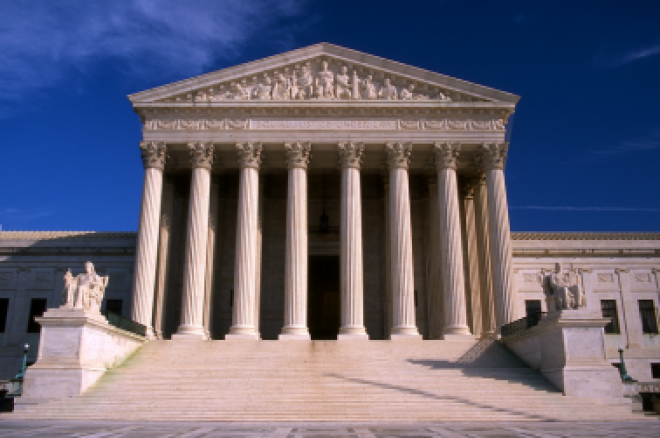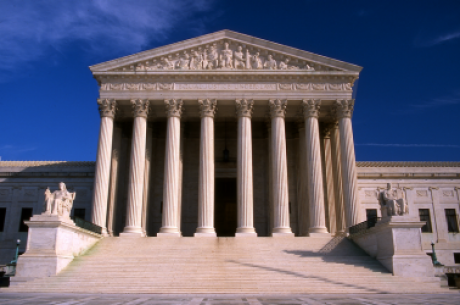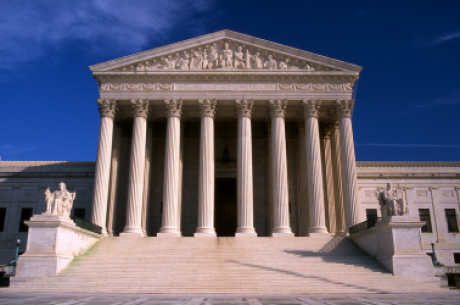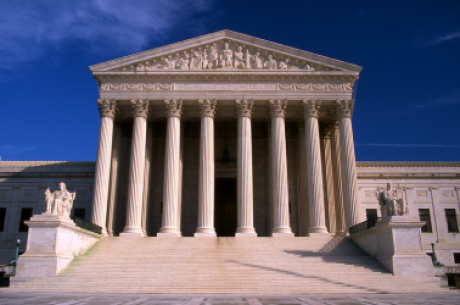An Analysis of Harry Reid's Internet Poker Legislation in Retrospective

Legalizing online poker has never been more talked about in the news or among poker players than over a two-week period this month.
The prospect of Senate Majority Leader Harry Reid suddenly pushing for legislation during the small window of the lame-duck session had everyone buzzing. Different versions of the bill were leaked every few days to spark the hype. Fiery debate began amongst players on whether the bill, with its 15-month blackout for online poker, was really what they wanted.
When word spread last week that Reid wasn't going to be able to attach the poker bill to a larger vehicle to push it through before the year's end, half of poker players sighed in disappointment and the other half out of relief.
It's difficult to tell what happened with the bill because any negotiations Reid had were behind closed doors. It's quite possible that the bill had more life on poker message boards and news sites than it ever did on Capitol Hill.
Here is what seems likely to have occurred. At the behest of his big casino backers that financed his hard-fought election win in Nevada, Reid came up with Internet poker legislation. The main focus of Republicans in the lame-duck session was to pass a bill that would extend former President George W. Bush's tax cuts. Forty-two Senate Republicans had signed a letter to Reid that they intended to block all Democratic-backed legislation until the Senate voted on extending the Bush tax cuts. Reid wanted to use his position of authority on the Democrats to negotiate with Republicans to pass the tax cut bill with the poker legislation attached.
This all came out Dec. 2 when the press got hold of a letter from three congressmen objecting to what they called a "secretive, closed-door, undemocratic"effort in the Senate to attach legislation to legalize Internet poker to must-pass legislation in the lame duck. The next day, the Las Vegas Review-Journal posted the first draft made public of the bill, which was 75 pages. Obviously, the effort had already been under way for some time for there to be a 75-page bill and for the congressmen to be writing this letter.
On Nov. 30, before any of this got out, President Obama had agreed to meet directly with Senate Republicans to negotiate the tax bill. With Obama doing the negotiations for the Democrats, this severely limited Reid's leverage to insert anything into the bill. It could very well be that the prospect of legislation to legalize online poker in the lame duck was dead on arrival, or at least by the time the poker community heard of it.
Obama announced Monday, Dec. 6, that an agreement had been reached with Republican leaders to extend the Bush-era tax cuts. On Dec. 8, the Las Vegas Sun quoted Reid as saying "we're not able to" in response to being asked if he would be adding legalization of online poker to his objectives during the lame-duck session, then later that day withdrew the story because a Reid spokesman had called and said it was still on his agenda and that the quote was in response to another question, though there were no other questions audible on the Las Vegas Sun reporter's tape. It's possible that Reid really had already thrown in the towel but his aides pointed out that he shouldn't say that publicly and make it look like he's not putting in the effort for the casinos that contributed hundreds of thousands of dollars to fund his re-election campaign.
Poker Players Alliance executive director John Pappas told PokerNews last week that Reid's negotiations on the bill broke down late Dec. 9, after House Democrats made it clear they would not pass a tax bill that included any attachments. So, at the very least, poker media and message boards were keeping the bill alive for nearly a week after Reid had waived the white flag. That's understandable, as no one was speaking publicly on the bill but versions with altered language that kept getting worse for poker players continued to be leaked right up until Dec. 15, the very day that the Senate passed the tax bill without any attachments.
In retrospect, given the information we have, it seems Reid made an effort to push for legalized online poker but it never came close to happening. He seemed to be shut down the moment he brought it up.
Pappas disagrees, asserting that there was a true life to this lame-duck effort.
"I think the hype was legitimate," Pappas said. "It's like being stuffed at the goal line. Though one might say the vote in the Financial Services Committee was more meaningful, I think the issue has gone farther than ever before because of the hullabaloo the last two weeks."
The push did generate national attention from major media outlets. Planting the seed that legalization of Internet poker was a real possibility, whether true or not, could make the idea seem more natural the next time it comes up.
The most important factor to come out of this saga is that Harry Reid, the highest ranking member of the Senate, finally came out publicly behind licensed and regulated online poker. That's something to build on for the future.
The poker community also got a sneak peek at what sort of problematic issues for players various concerned parties would try to include in an Internet poker bill. It's like getting to see the play your opponent is going to run and then taking a timeout.
"There's certainly lessons to be learned here," Pappas said. "There were a lot of concessions in drafts that I saw that I don't think would have made the final bill, but those were concessions made due to the negotiation position Reid was in. Hopefully a better job can be done getting all stakeholders to the table, and I think that happens in a more transparent process. It's something I think we can improve on during the next year."
Have you seen our new $40,000 Freeroll Series from Lock Poker? Lock Pro Supremacy not only has four $7,500 Freerolls but it also has 25 $100 Lock Pro Bounties in each tournament, so you can boost your bankroll even if you don't make the money.








